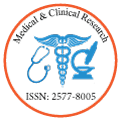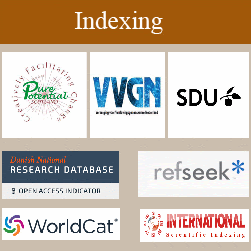The Situational Physician: Adaptive Leadership Styles in Clinical Practice
Author(s):
Julian Ungar-Sargon
Background: The clinical encounter inherently positions physicians as leaders, yet leadership dynamics within physicianpatient relationships remain undertheorized and undertaught in medical education. This article examines how the principles of situational leadership theory can enhance clinical practice across diverse patient scenarios and healthcare contexts.
Methods: This discursive analysis integrates Hersey and Blanchard's Situational Leadership Theory with contemporary scholarship on physician-patient relationships, utilizing evidence from medical ethics literature, clinical communication studies, and a formal leadership self-assessment tool (AUXLAMS). AUXLAMS stands for Auxiliary Leadership and Management School. It is a formal training program developed by the U.S. Coast Guard Auxiliary to provide leadership development and management training for Auxiliarists—volunteer members who support the U.S. Coast Guard in non-military roles. The model is evaluated through application to representative clinical scenarios across the continuum of care.
Results: Four distinct leadership styles—directing, coaching, supporting, and delegating—align with varying levels of patient health literacy, decision-making capacity, emotional readiness, and clinical complexity. Strategic deployment of these styles correlates with improved clinical outcomes, patient satisfaction, and physician resilience. Failure to adapt leadership approaches to patient needs may constitute both clinical and ethical shortcomings.
Conclusions: The "situational physician" model offers a pragmatic framework for medical education and clinical practice that balances technical expertise with relational intelligence. Physicians who consciously modulate their leadership styles to match patient needs and contextual demands can enhance therapeutic alliance, promote patient autonomy, and improve outcomes. Medical curricula should explicitly incorporate adaptive leadership training to prepare clinicians for the complex interpersonal demands of contemporary healthcare.



